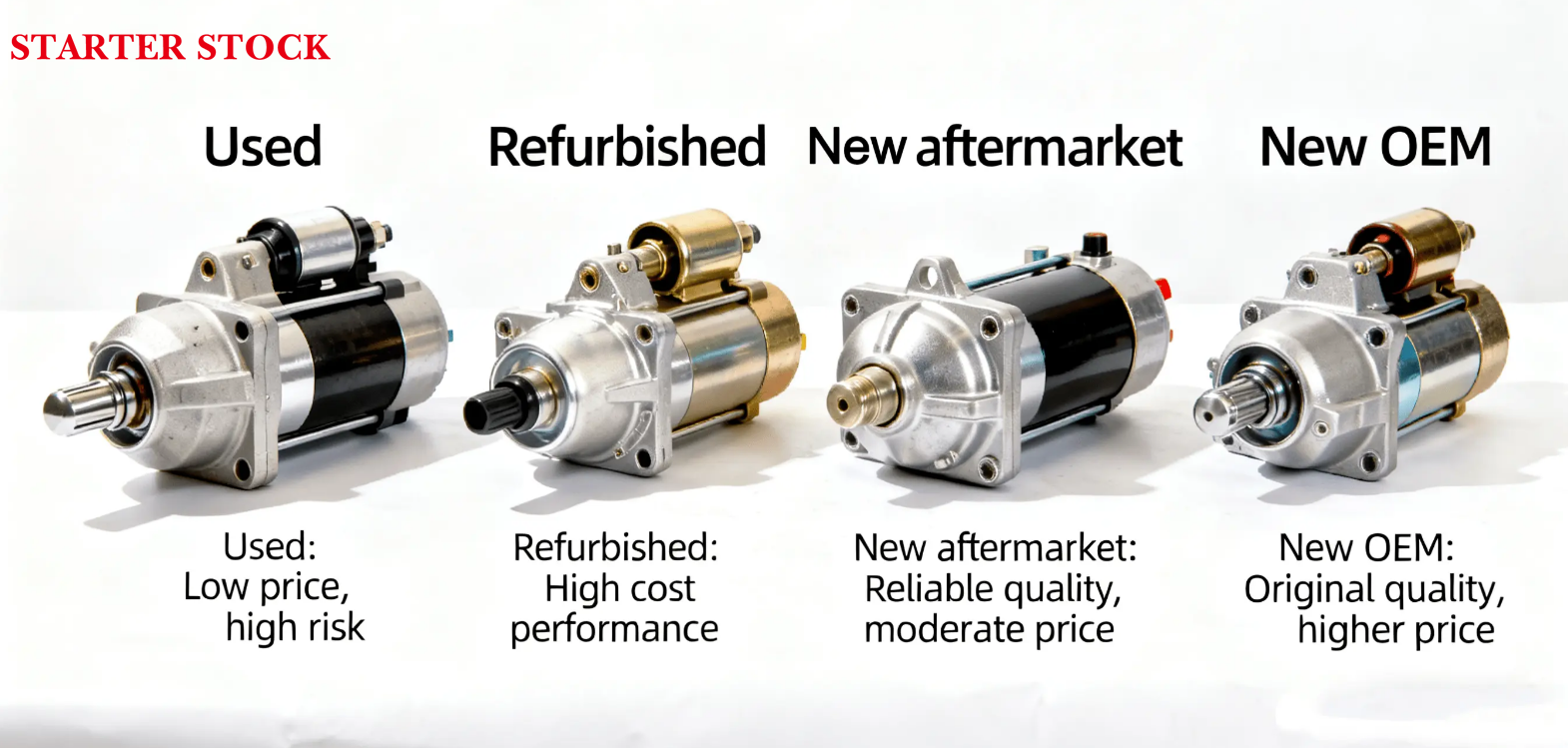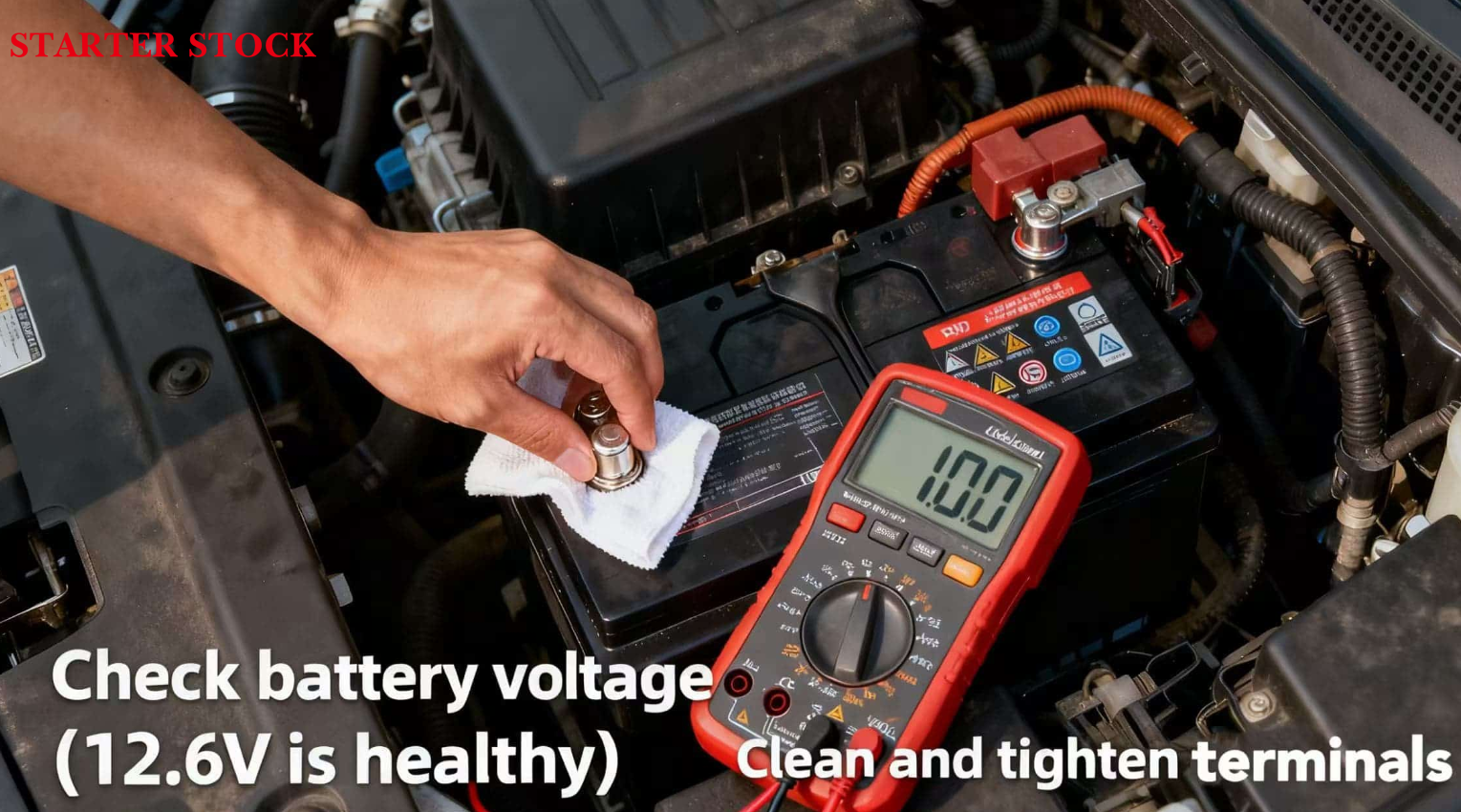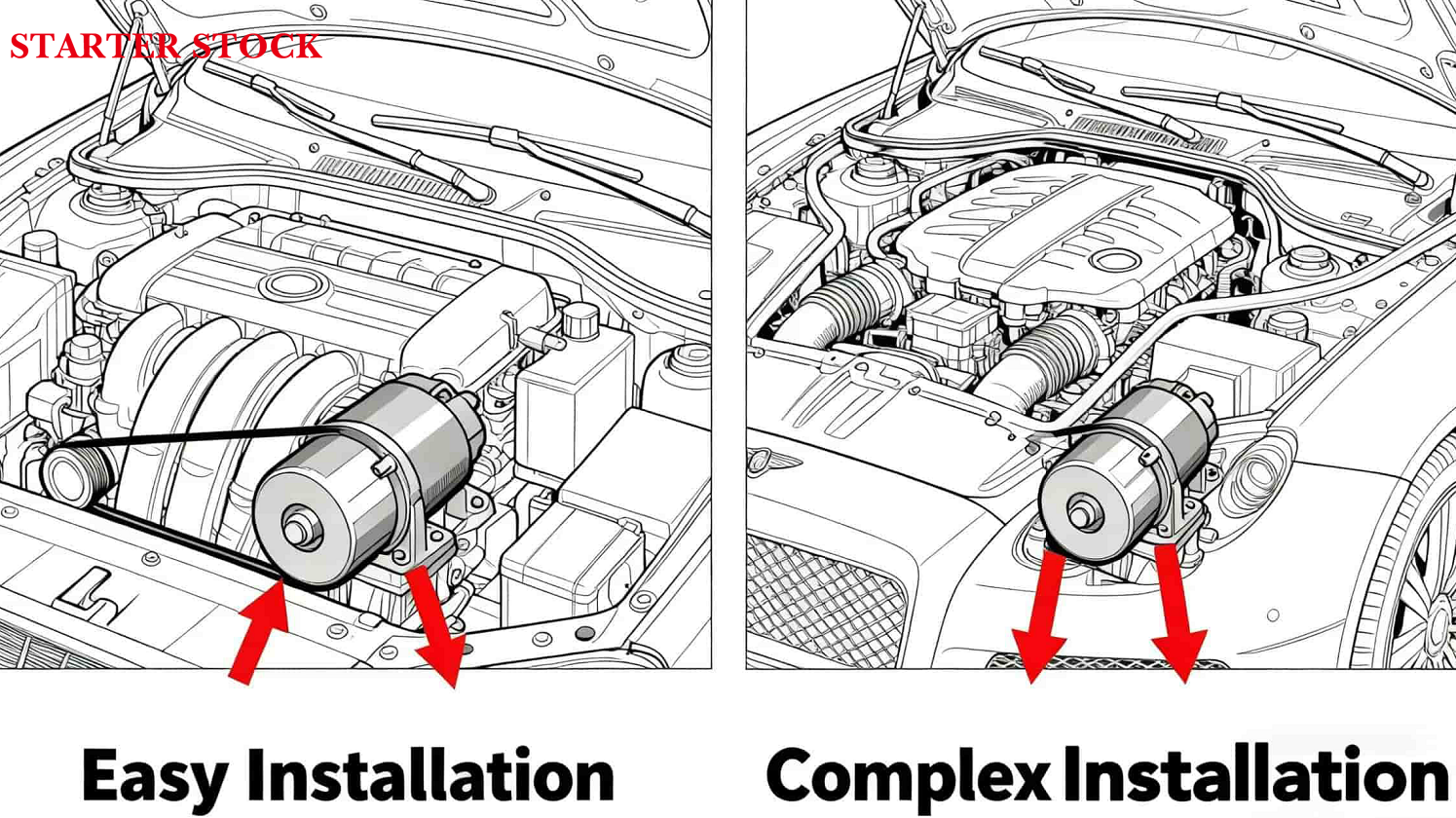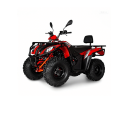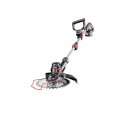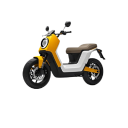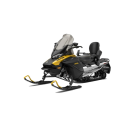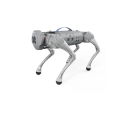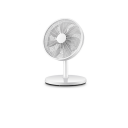-
27
-
2025-10-20 14:53:12
How Much Is a Car Starter Motor?
You turn the key, your dashboard lights up, you whisper a hopeful “c’mon,” and all you get is a pathetic click. That little electric gremlin upstairs in your engine — the starter motor — either took an early retirement or is plotting a quiet, permanent nap. So how much will it cost to get the car to stop ghosting you? The honest answer: it depends. The useful answer: here’s everything you need to know without falling for mechanic smoke-and-mirrors.
Quick money snapshot
If you hate reading and want numbers now:
● Used/salvage starter: about $30–$150
● Remanufactured starter: about $50–$300
● New aftermarket starter: about $80–$400
● New OEM (dealer) starter: about $200–$900+
● Labor: usually 1–3 hours, so $80–$450 depending on shop and car
So, your all-in cost could be anywhere from $80 (if you find a screaming DIY deal) to $1,300+ (for complicated luxury/diesel installs). Most normal cars land in the $250–$600 zone. That’s the “not great, not catastrophic” middle.
Why the cost swings so wildly
Three big things control the price:
1. What kind of car it is. A tiny starter for a compact hatchback is cheap. Big trucks, diesels, and some European brands use beefier, pricier starters. Some modern cars have starter systems integrated into other parts, and those are always more expensive.
2. How buried the starter is. Sometimes it’s staring you in the face under the hood; sometimes it’s wedged under engine mounts behind heat shields. More digging = higher labor.
3. New vs reman vs used. New OEM parts are safe but costly. Remanufactured units are cheaper and often reliable. Used parts are the bargain basement — sometimes fine, sometimes immediate regret.
Other minor things: core deposit (refundable when you return the old starter), warranty length, and whether the shop upsells extra parts like cables or relays while they’re in there.
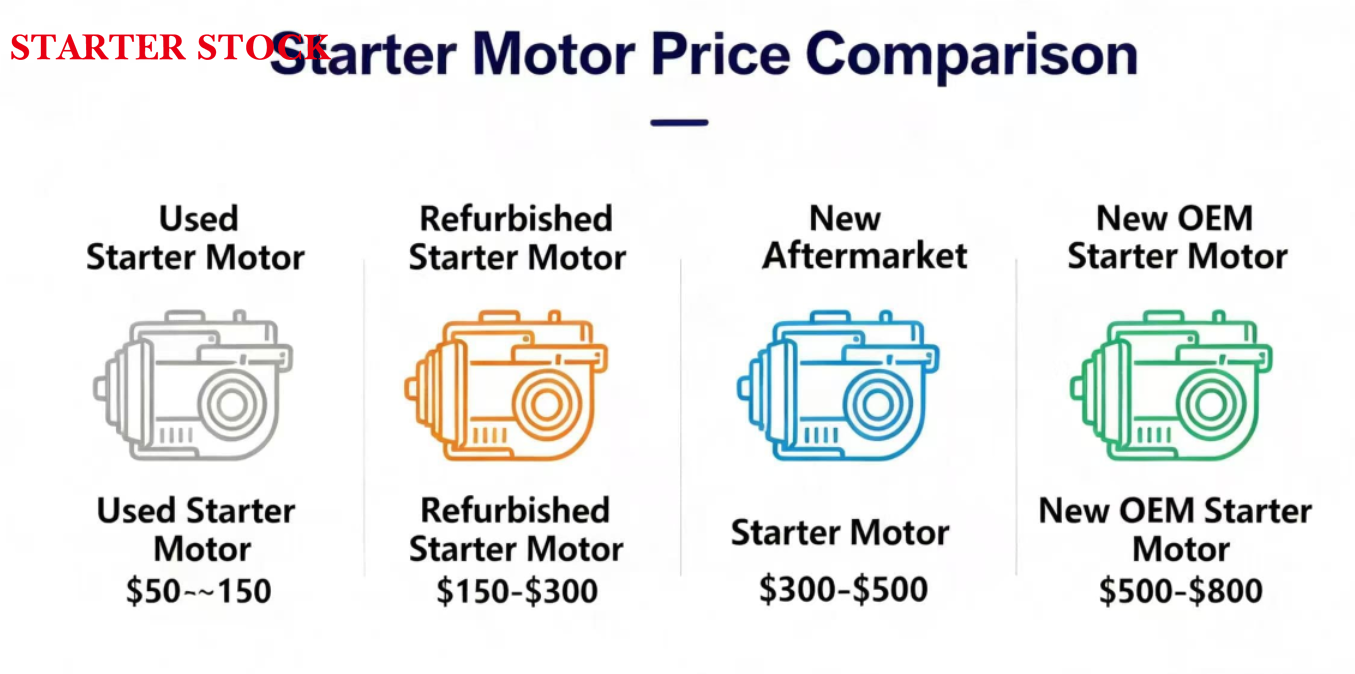 Typical ranges by vehicle type
Typical ranges by vehicle type
Here’s a practical breakdown so you can stop panicking and start comparing quotes:
● Small economy cars:
Part: $80–$250 · Labor: $80–$200 · Total: $160–$450
● Mid-size sedans & crossovers:
Part: $120–$350 · Labor: $100–$300 · Total: $220–$650
● Trucks, diesels, luxury and some Euro cars:
Part: $300–$900+ · Labor: $150–$450 · Total: $450–$1,350+
● DIY (parts only): $30–$400 depending on new/reman/used
If a dealer quote makes your eyes water, get a second price from an independent mechanic. Independents often charge less and do fine work.
Before you throw money at the starter: quick checks
Don’t be that person who replaced the starter only to find out the battery was the problem. Do these checks first:
● Is the battery charged? A healthy resting voltage is about 12.6V. If it’s under 12.0V, charge or replace the battery first.
● Are the battery terminals clean and tight? Corrosion kills connection.
● Do you get a single click, multiple clicks, or nothing at all?
○ Single click: starter/solenoid likely.
○ Rapid clicking: weak battery or poor connection.
○ No sound: could be starter, but also could be ignition switch, fuse, or safety switch.
● Does cranking feel slow? That’s often about the battery or alternator, not the starter.
● Any burning smell or smoke? Stop. That suggests an electrical problem and needs professional attention.
A lot of “starter” replacements are unnecessary once battery and connections are fixed. It’s the classic “fix the cable, not the engine” move.
New vs. remanufactured vs. used: what to pick
● New OEM: Best fit and reliability; most expensive. Good if you plan to keep the car a long time or want a manufacturer warranty.
● New aftermarket: Cheaper than OEM. Quality varies by brand. Do some quick brand-checking before you buy.
● Remanufactured: Starter is rebuilt and tested. Usually the sweet spot for value vs reliability. Look for a 6–12 month warranty at minimum.
● Used/salvage: Cheapest, but risky. If you decide on this, buy from a yard that tests parts and has a short warranty.
For most people, remanufactured is the smart choice unless you own a rare/exotic car or insist on factory parts.
Labor — the hidden cost
Labor isn’t just “time with a wrench.” It includes diagnosis, tools, shop overhead, warranty coverage, and disposal/core handling. Some starters take half an hour to swap; others take all afternoon. If your car needs engine supports removed or other parts taken off to reach the starter, expect the labor bill to climb.
Ask any shop for an itemized estimate: show them the part price and ask how many hours they’ll charge. If a dealer charges 3 hours and a local shop says 1.5, that difference matters — a lot.
Where to buy and what to ask
Places to source starters:
● Dealer (OEM) — expensive, but exact-fit and solid warranty.
● National parts stores (AutoZone, NAPA, O’Reilly) — convenient, options for reman, core handling.
● Online (RockAuto, Amazon) — lots of prices, watch returns and fitment.
● Local reman shop — good for cost and support.
● Salvage yard — cheap, but buyer beware.
When buying, check:
● Part numbers and vehicle fitment.
● Core charge and return terms.
● Warranty length and coverage.
● Whether it includes the solenoid or other attachments (some starters have integrated parts; some don’t).
Compatibility mistakes are common — wrong gear teeth, different electrical connectors, or misaligned mounting points. Double-check.
DIY? Sure — if you’re ready for it
If you’ve got a basic socket set, jack stands, and patience, many starters are swap-friendly. Expect 1–3 hours if you’ve done similar jobs. Pros: save on labor. Cons: tight spaces, possible seized bolts, and the classic “I thought I’d save money” pitfall where a mistake creates more work.
Safety checklist for DIY:
● Disconnect the battery.
● Use jack stands — not just a jack.
● Keep track of every bolt and connector.
● If you need to support the engine, don’t improvise — use proper supports.
If you’re not confident, paying a mechanic is cheaper than killing a weekend and the suspension mount bolts.
Smart saving tips
● Verify the diagnosis — test battery and cables first.
● Get multiple quotes — at least one independent and one dealer.
● Choose remanufactured for balanced value unless you need OEM.
● Ask about the core charge and how to return your old starter.
● Bundle maintenance — if you’re under the car, have the shop check cables, relays, fuses.
● Ask shops to itemize labor and parts so you can compare apples to apples.
Example cost breakdown (real-ish math)
Mid-size sedan, reman starter for $150. Shop rate $120/hour, job takes 1.5 hours.
● Part: $150
● Labor: $120 × 1.5 = $180
● Total: $330
That’s a reasonable, common result. If the dealer quoted $650 for the same job, you’d still be in the expected range for a dealer but you’d know the independent shop is cheaper.
Final thoughts
A starter is one of those parts that quietly does its job for years and then suddenly decides it’s too tired to continue. It’s not glamorous, but getting it fixed right matters. Most drivers will spend $250–$600 total for a reliable replacement plus installation. If you want to save money and have the tools, DIY or a remanufactured part is your friend. If you want zero drama and certified fitment, the dealer will deliver — for a price.
If you want, tell me your car’s make, model, and year and I’ll give you a tight price range and likely labor time based on typical cases. No surprises — just numbers you can use when you call shops.


